Baby Boomers were promised that a life of hard work would ensure their well-being in their later years.
Unfortunately, this is not the reality for many. Now, Boomers are experiencing homelessness at a rate not witnessed since the Great Depression. But how did this happen?
The Boomer Era
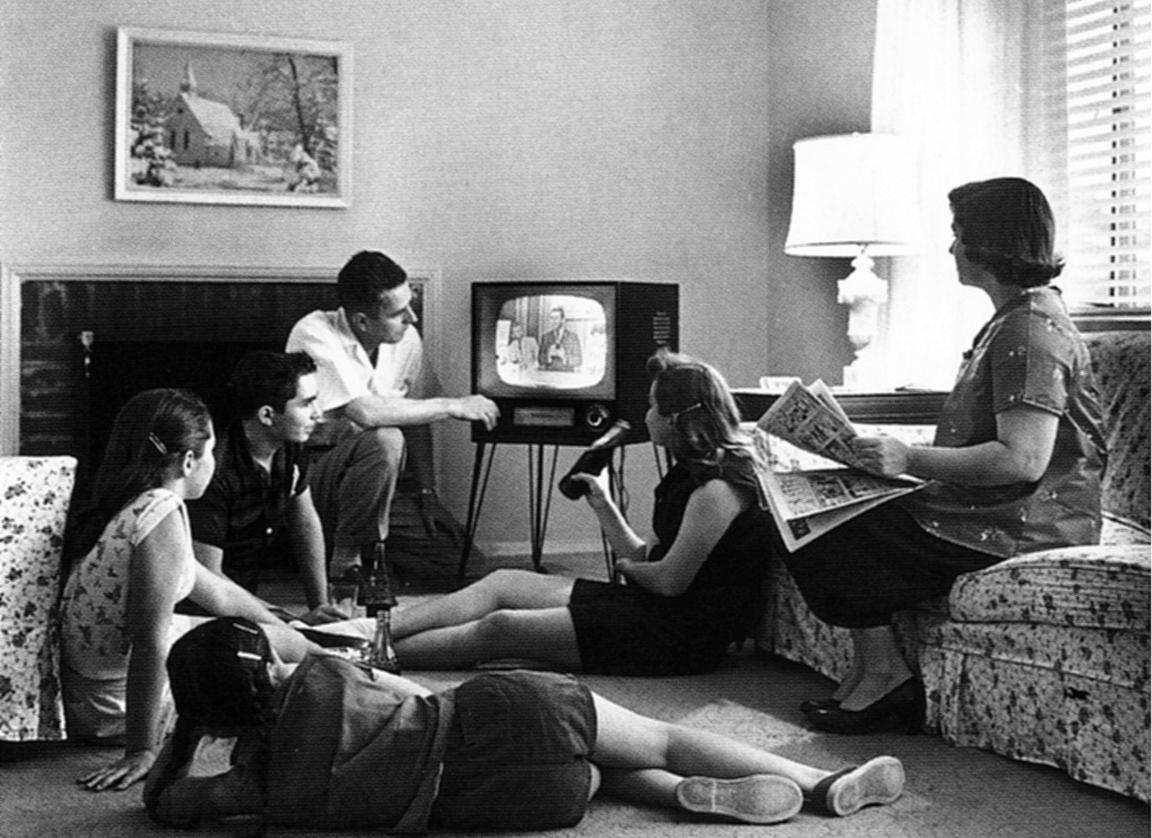
Baby Boomers refers to anyone born between the culmination of World War 2 and the middle portion of the 1960s.
This generation believed in traditional 9-5’s, hoping such a job would ensure a relaxing retirement. Yet, an unfortunate chain of events has led to Boomers becoming one of America’s fast-growing homeless groups.
Boomers Experience Surge in Homelessness
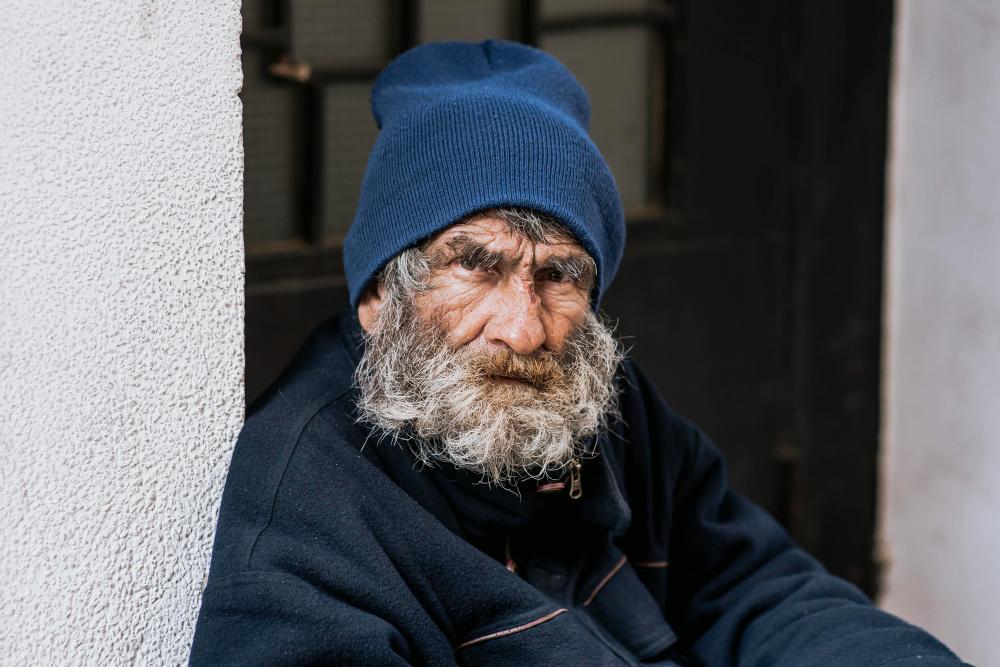
Members of this generational group have faced hardships in recent years, due to periods of extended inflation, a shortage of homes, high housing costs, and other contributing factors.
According to The Wall Street Journal, which reference data from the Department of Housing and Urban Development, these factors have all led to Boomers experiencing severe levels of homelessness.
First Time Since the Great Depression
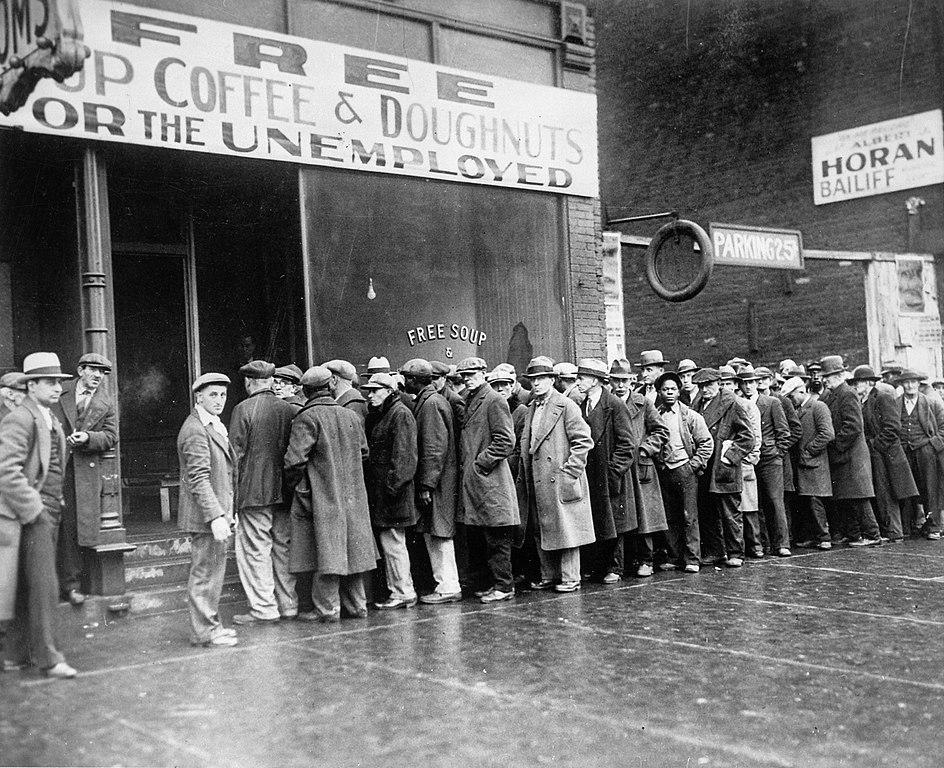
Dennis Culhane, a social policy professor at the University of Pennsylvania, claims the rise in Boomer homelessness is the worst it has been in nearly 100 years.
“The fact that we are seeing elderly homelessness is something that we have not seen since the Great Depression,” he said.
Boomers Are the Fastest Rising Homeless Group

“Elderly homelessness has been rare within the contemporary homeless problem. We’ve always had very few people over 60 who’ve been homeless historically,” Culhane said during an appearance on PBS NewsHour.
He continued by saying Boomers are “now arguably the fastest rising group.”
The Silver Tsunami
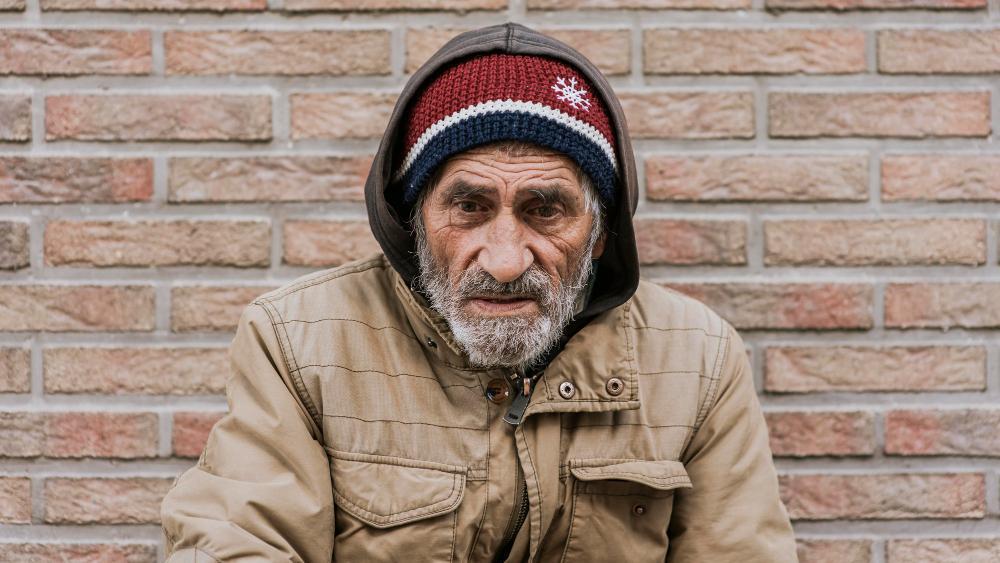
The increase in homelessness amongst Boomers, coined the “silver tsunami” by experts, has been on a steady incline in recent years.
Dr. Margot Kushel, a professor of medicine and director of the Center for Vulnerable Populations and Benioff Homelessness and Housing Initiative at the University of California, San Francisco, wrote a paper detailing the surge over the past two decades.
Boomers Represent Half of Homeless People in the U.S.

Back in 2020, Kushel published a paper for the American Society on Aging, which showed that in the early portion of the 1990s, only around 10% of homeless Americans were 50 or older.
However, by 2003, the percentage had grown to a staggering 37%. Now, Boomers and the older generation represent close to half of all the homeless people in the U.S.
Where It All Went Wrong

The Boomers haven’t had an easy time over the past five decades. They’ve faced several recessions, which diluted savings and cost others their jobs. On top of this, they’ve been forced to keep up with the rising prices of homes.
One Boomer, Judy Schroeder, a resident of Florida, spoke with the WSJ about the struggles associated with a lack of savings and the rising price of rent. “I never thought, at 71 years old, that I would be in this position,” she said.
Regular People Fall on Tough Times

Speaking with WSJ, researchers from USCF determined that around half of the homeless population in places like New York, California, and Oakland ended up on the streets after their 50th birthday.
“These are people who worked their whole lives. They had typical lives, often working physically demanding jobs, and never made enough to put money away,” said Kushel.
What Can Be Done to Help the Boomers

Kushel suggests increasing the level of affordable housing and programs that help assist those in need of a home may prevent a surge in homelessness among the nation’s older generation.
“In a country as wealthy as the United States, homelessness for anyone — but particularly older adults — is unconscionable,” Kushel wrote in 2020, per Yahoo.
The U.S. Has the Resources to End Homelessness
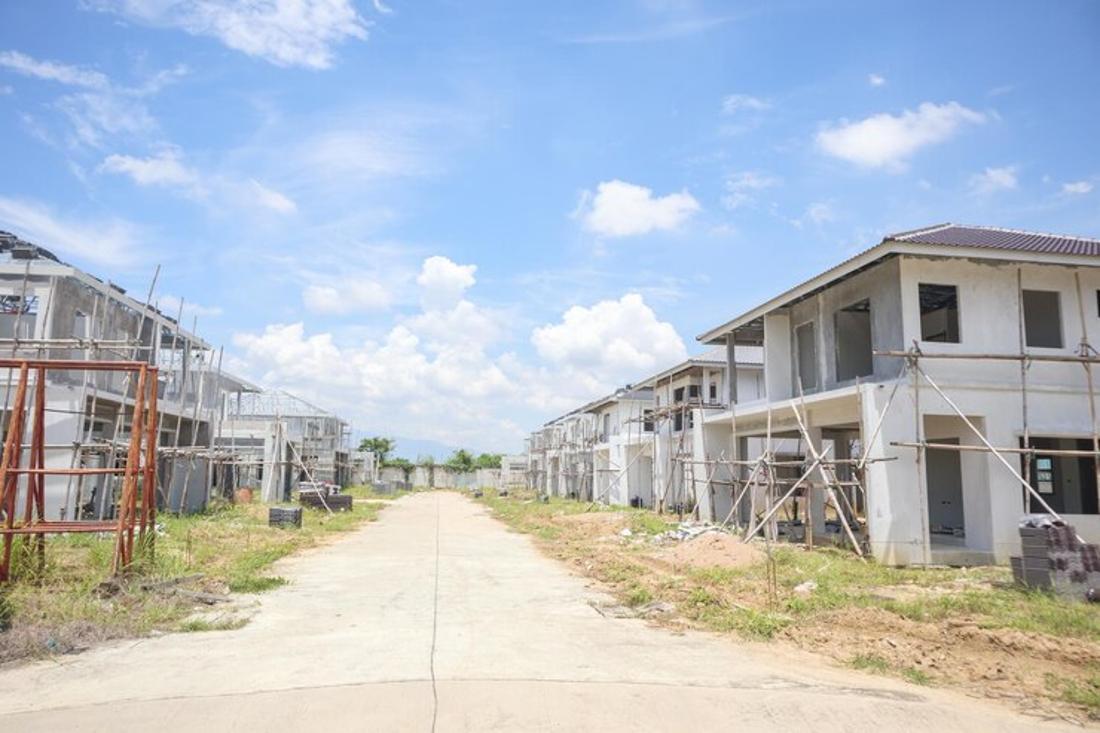
Kushel asserted the U.S. has the resources to ensure that no older American ends up without a home.
“We have the means to end homelessness in older adults. By increasing affordable housing for older adults, engaging in targeted prevention efforts, and building off the success of permanent supportive housing, we can make homelessness for older adults rare and brief.”
How to Reduce Future Levels of Boomer Homelessness

As things stand, the level of Boomers facing homelessness looks set to continue rising.
If the American government followed the advice of Kushel by increasing the production of affordable housing and implementing initiatives, it could drastically reduce the number of Boomers forced to live on the street.
